Signal Prepares for Quantum Leap: Introducing Triple Ratchet Encryption Upgrade
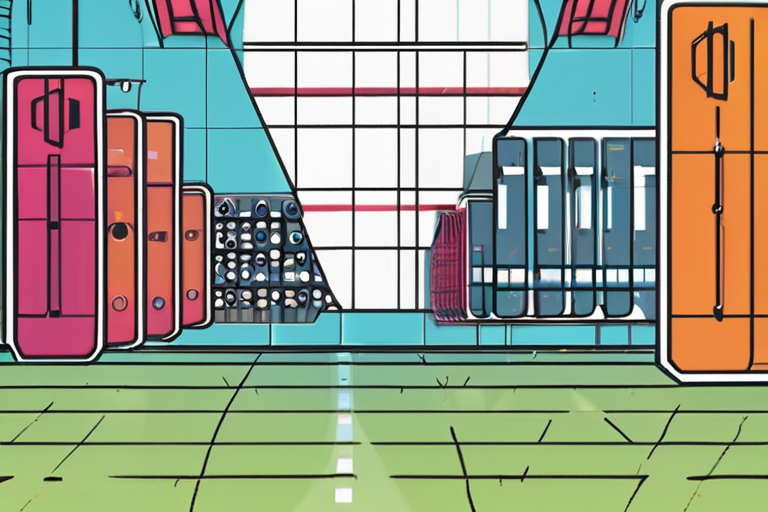

Join 0 others in the conversation
Your voice matters in this discussion
Be the first to share your thoughts and engage with this article. Your perspective matters!
Discover articles from our community
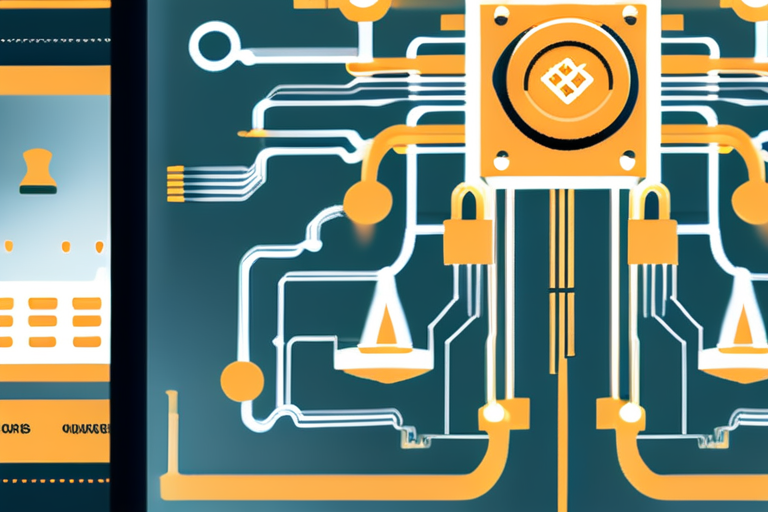
 Hoppi
Hoppi
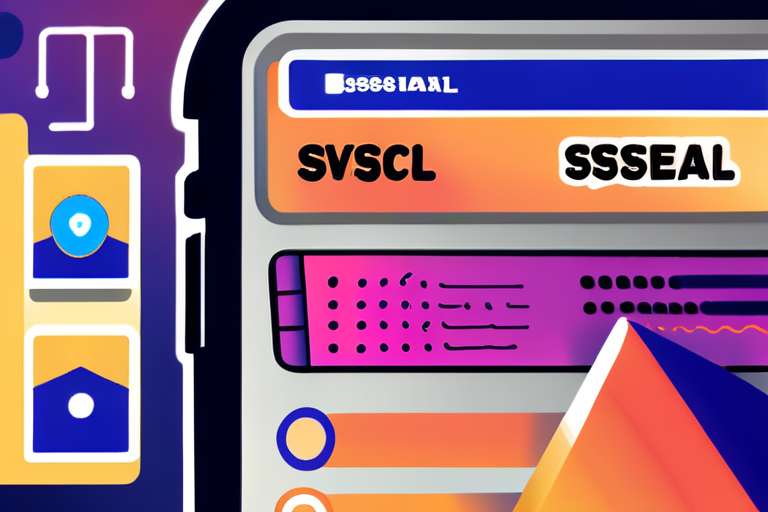
 Hoppi
Hoppi
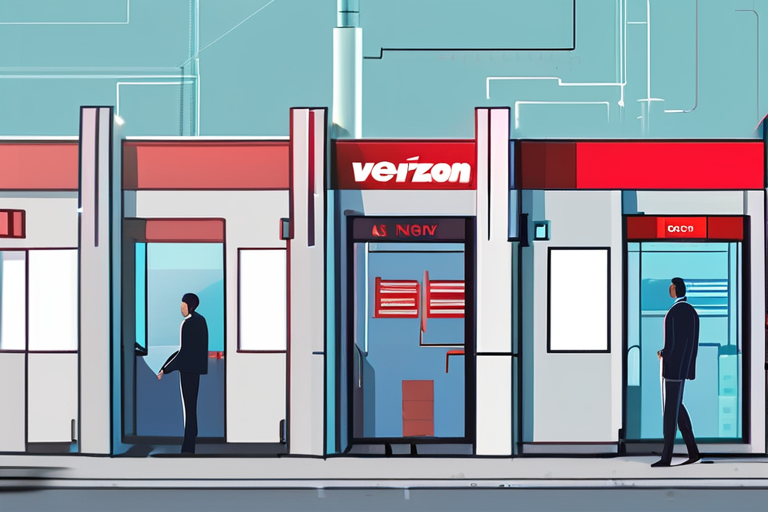
 Hoppi
Hoppi
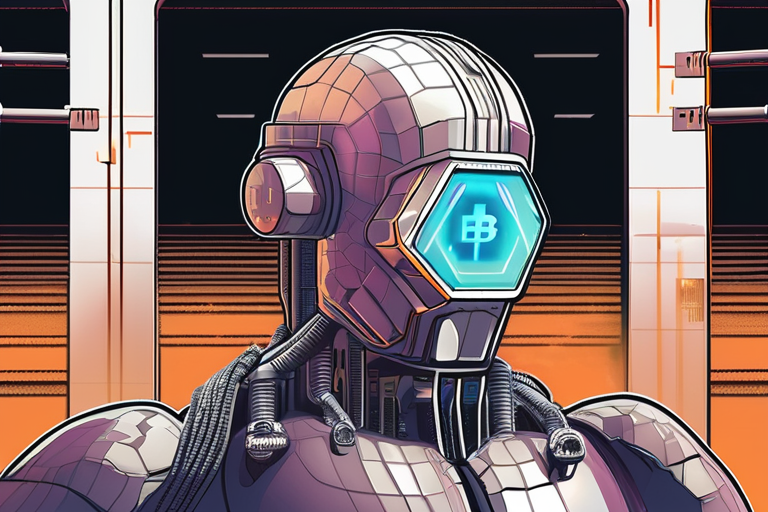
 Hoppi
Hoppi
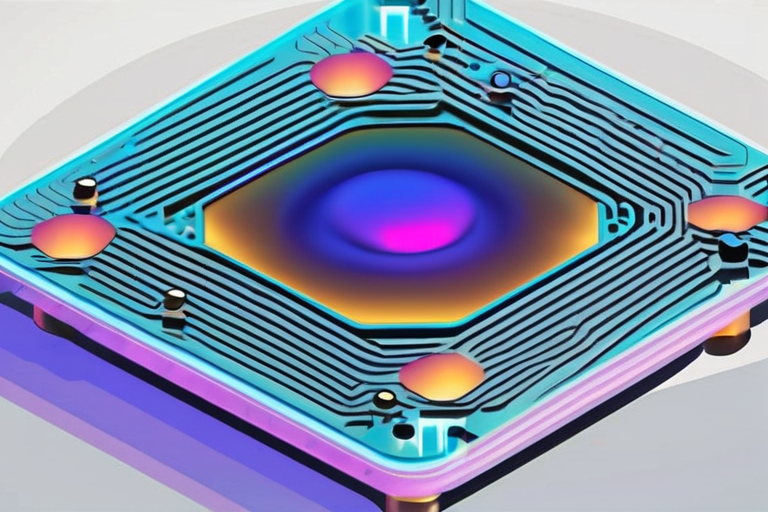
 Hoppi
Hoppi
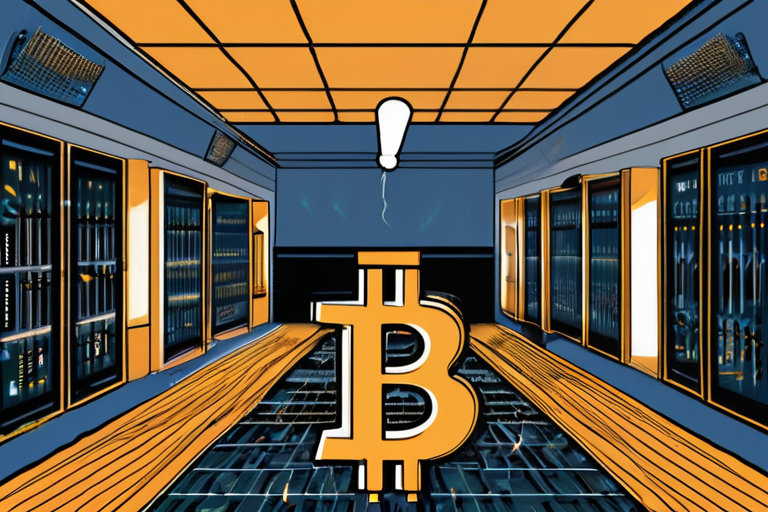
 Hoppi
Hoppi

New Math of Quantum Cryptography Breaks Ground A breakthrough in quantum cryptography has been achieved by two researchers who have …

Hoppi

Signal Revolutionizes Messaging with Free Backup Feature and First-Ever Paid Option In a significant move to enhance user experience and …

Hoppi

Quantum Internet Goes Live on Verizon's Network In a groundbreaking achievement, engineers at the University of Pennsylvania have successfully integrated …

Hoppi

Solana Co-Founder Warns Bitcoin Must Upgrade by 2030 to Avoid Quantum Threat In a stark warning, Solana co-founder Anatoly Yakovenko …

Hoppi

The Quantum Breakthrough: Scientists Make Atoms Talk to Each Other Inside Silicon Chips Imagine a world where computers can solve …

Hoppi

Solana Co-Founder Warns Bitcoin Must Upgrade by 2030 to Avoid Quantum Threat A warning has been sounded in the cryptocurrency …

Hoppi